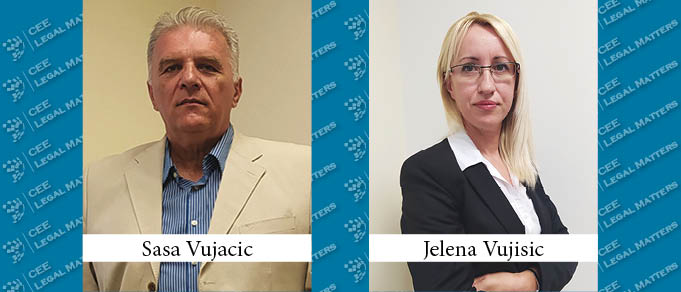The new Media Law in Montenegro which entered into force on July 6, 2020, will update the country’s legislation in the area. By adopting certain media standards, it is intended to provide the country with the modern legal solutions already present in the countries of the EU.
The new law takes over many of the systems of the previous Media Law, and the basic principles in relation to the media in Montenegro are more or less similar – and sometimes identical – to the previous law, so on first reading one may get the impression that there are no significant changes.
The introductory remarks to the new law make it clear that the intention of the legislator is to make it known that European standards must be applied. This is stated in the form of principles.
The prohibition of censorship is especially highlighted.
Both foreign and domestic legal entities are free to establish media operations in Montenegro, assuming the basic legal requirements are met.
Under the new law, the state is obliged to allocate certain funds from the State Budget to establish a Fund for Media Pluralism/Diversity.
The law establishes the responsibility of the editor-in-chief, the editor for a particular area, and the journalist author for published content that harms others. Of course, these persons are not liable for the content if they prove that there was a public interest in publishing it, which is generally a constitutional principle in Montenegro.
The law also stipulates that a journalist is obliged to disclose his/her source of information if that information violates national security, territorial integrity, or health protection, or in cases where criminal offenses punishable by imprisonment of five years or more have been made public. In this case, the court is to assess whether the constitutional principle of informing the public has been violated or not.
The position of independent media in Montenegro, as well as NGOs that are interested in civil liberties and media freedom in general, is that this provision violates the integrity of the secrecy of information sources, which is the standard in EU countries and free democracies, which Montenegro strives for.
The law also introduces the following principles, among others: “Obligation to inform the public about court proceedings;” “Prohibition of hate speech;” “Prohibition of discrimination;” “Protection of children;” “Prohibition of public exposure to pornography;” and “Right to privacy.”
Courts finding violations of the principles listed in the law may prohibit the distribution of the offending content, and even, in extreme cases, order the closure of the offending media company altogether.
In light of all this, the law has all the elements of a modern law that regulates this matter, except for the part that refers to the right of the court to order the publication of sources of information, which seriously violates the standards of journalism in Montenegro. The contours of this particular issue will be found, in any event, after regulations are implemented and specific court decisions are made, if such cases occur in practice.
It should be noted that this law, in draft form, was analyzed by the Council of Europe, as well as the representatives of the European Commission, before its adoption by the Parliament of Montenegro.
By Sasa Vujacic and Jelena Vujisic, Partners, Vujacic Law Office
This Article was originally published in Issue 7.9 of the CEE Legal Matters Magazine. If you would like to receive a hard copy of the magazine, you can subscribe here.

